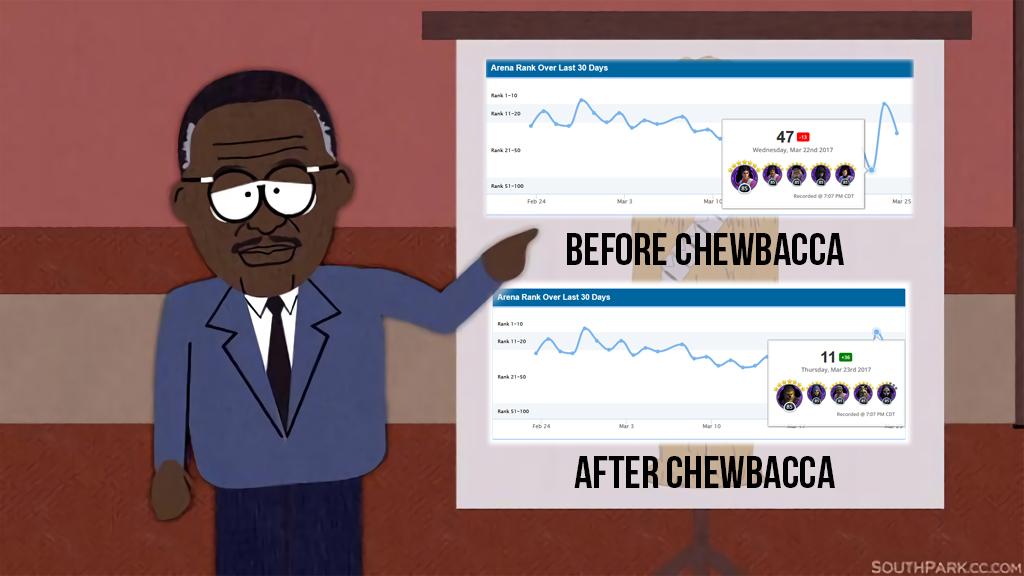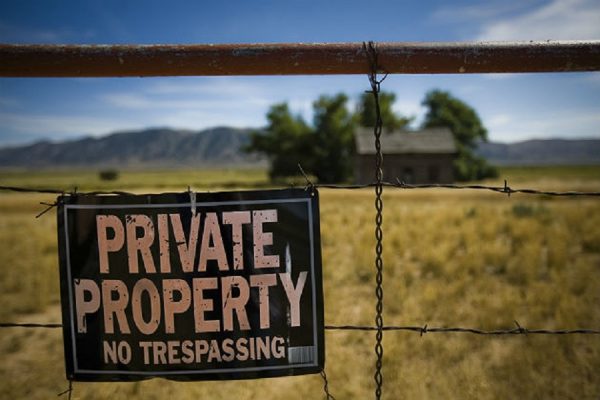Addiction to prescription opioid painkillers is becoming an increasingly deadly epidemic, and West Virginia has been called “Ground Zero” for that epidemic in this country. What are the consequences for the doctors who overprescribe drugs like oxycodone and patients die from overdoses? It depends.
State Is Investigating Overdose Deaths
One West Virginia doctor admits to prescribing oxycodone to nearly 100 percent of his active patients, who number between 800 and 1,000. The Coal County doctor says that this adds up to over 40,000 prescriptions in the past two years.
However, so far, the only penalty he has suffered is a suspension of his medical license while the state investigates the deaths of patients under his care. Three have died in the past two years from overdoses of a variety of medications, including oxycodone.
In that state, it is difficult to either suspend or revoke a physician’s license, according to the head of the Board of Medicine. Nonetheless, West Virginia is reportedly cracking down on doctors who overprescribe painkillers. Fifteen physicians, including the Coal County doctor, are under investigation. Seven have had their licenses revoked.
In a network news interview, the doctor expressed little, if any, concern about his prescription procedures. He noted that the drugs he’s prescribing are legal. “It’s not like cocaine or heroin,” he noted.
Prescriptions Are Handed Out After Group Sessions
Often he does not see or diagnose patients individually. He holds group sessions at a cost of $120 per person. Those who attend complete only a medical self-assessment. They are given an oxycodone prescription at the end of the session.
When asked why he doesn’t require private exams before prescribing the powerful medication, he said, “There’s very little that we need to do in private in our office.” He indicated that he rarely consults with the patients’ primary care doctors to find out what kind of medications they had prescribed in order to prevent a deadly cocktail.
This type of activity by a physician can only be described as shockingly reckless. The consequences of such behavior by physicians vary by state, even when overdose deaths and other harm result. Those who have lost loved ones as the result of overprescription or reckless prescription of painkillers and other drugs can and should determine what their recourse is in civil court. Holding these doctors liable may incentivize others to be more cautious and perhaps save lives.










